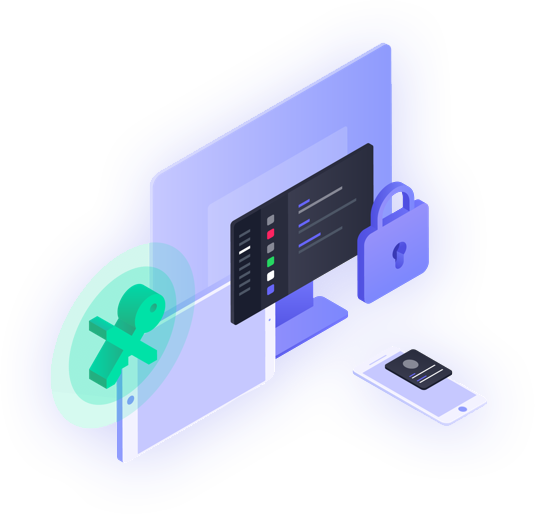Minimal assembly required
Plug and play diagnostics for embedded development
Application performance profiling
Identify performance hotspots in the program code.
Software crash reporting
Collect post-mortem data at the point of failure, including stack traces and memory dumps.
Log collection & monitoring
Collect and monitor logs produced by operating systems and applications automatically.
Metrics collection
Instant collection of metric data from known sensors, hardware, and applications
System information collection
Maintain an inventory of your system's hardware and software components.
Events & alerts
Raise an event with built-in triggers for exceptional behaviour.
Benchmark & diagnostic testing
Measure the system performance using a set of standardized tests. Discover chronic or intermittent problems with your system's hardware.
Third party integration
Seamlessly integrate with your preferred storage & analytics platform.
Application performance profiling
Eliminate performance issues caused by inefficient code
Profile your application and fix code hotspots to make it run much quicker.
- Collect CPU profiling data, identifying execution hotspots in your code with call graph visualizations
- Generate memory usage snapshots over time and eliminate unnecessary memory allocations
- Identify memory leaks that cause memory starvation bugs


Software crash reporting
Collect post-mortem data on program crash
Perform digital forensics on program crash by generating a comprehensive crash report containing:
- Process environment (eg. environment variables, command string, etc)
- Thread states (eg. call stack, register contents, etc)
- Loaded modules (eg. shared libraries, mapped files, etc)
- Memory dump
You can setup automatic uploading of crash reports to the PSYGIG diagnostic platform to track and diagnose your program crashes. Use the crash report analysis tools to quickly identify and fix the error in the code.
Read docsLog collection and monitoring
Consolidate log data from application sources
Collect log data automatically from hundreds of known sources, including:
- Operating system logs (eg. syslogd, journald, rsyslogd, syslog-ng)
- Application logs (eg. apache, nginx, docker, redis, mongodb)
Monitor, store and analyze vast amounts of log data with automatic upload or streaming to the PSYGIG diagnostic platform. Use the integrated log analysis tools to detect anomalies in the log data in order to identify and predict failures.
Read docs

Metrics collection
Collect raw metrics from applications & sensors
Periodic collection of metrics from hundreds of known sources can be initiated with a single command. Examples of metric data include:
- CPU (eg. % usage, temperature, clock speed)
- GPU (eg. % usage, memory usage)
- Memory (eg. % RAM usage)
- Disk (eg. Read/write speed, Response time)
- Network (eg. send/receive throughput)
- Operating system (eg. process count, open sockets)
Setup automatic upload or streaming of metric data to the PSYGIG diagnostic platform. Apply built-in or define your own data mining algorithms to detect anomalies within the metric data.
Read docsSystem information collection
Track your hardware & software components
Collect specifications & versioning details for your system components, including:
- CPU (brand, model, cores)
- GPU (model, memory, speed, cores)
- RAM (type, model, speed, ECC)
- Firmware (vendor, version)
- Operating System (kernel, variant)
- Sensors, and other components
When used in conjunction with the PSYGIG diagnostic platform, the system information can provide opportunities to identify performance and diagnostic trends with specific component models and versions.
Read docs

Events & alerts
Get notified of errors & failures
Use built-in or define your own event triggers to automatically raise an event during a specific failure condition (eg. high CPU usage, low battery). Use in conjunction with device management to track specific events and send instant notifications to your mobile devices.
Read docsBenchmark & diagnostic testing
Run industry-standard tests to validate your device
Execute a suite of comprehensive tests to evaluate the performance and reliability of your device. The full test suite covers the following components:
- CPU
- GPU
- RAM
- Storage devices
- Network
- Sensors, and other components
Track test results over time to identify performance and failure trends using the PSYGIG diagnostic platform. Boost your product marketability by generating comparison charts of your device's benchmark and diagnostic results with the rest of the world.
Read docs

Third party integration
Transport your data to your preferred analytics platform
See the complete list of third party platforms supported by the Triage SDK.
QR code management tool for your AGV and warehouse robotics
We are developing QR code management tool for your QR-code-based AGV and warehouse robotics (talk to us for details)